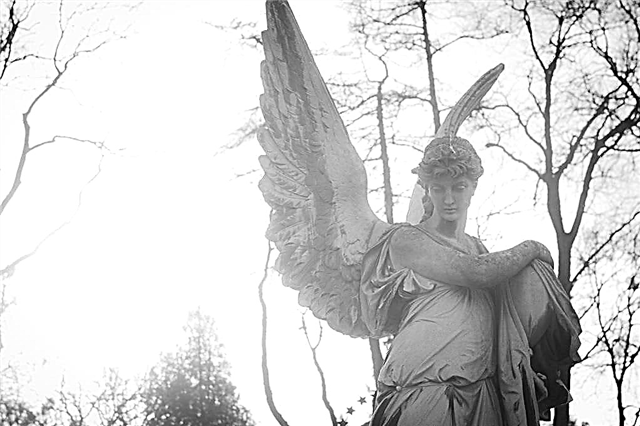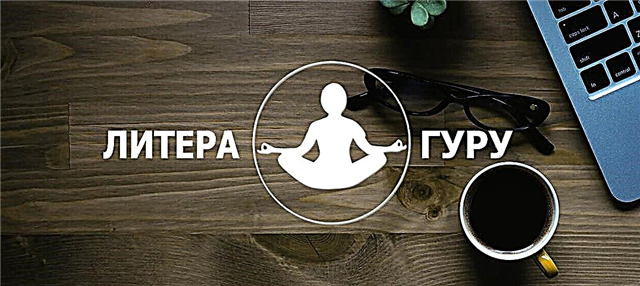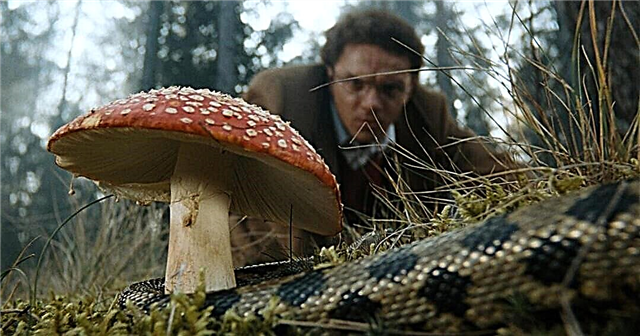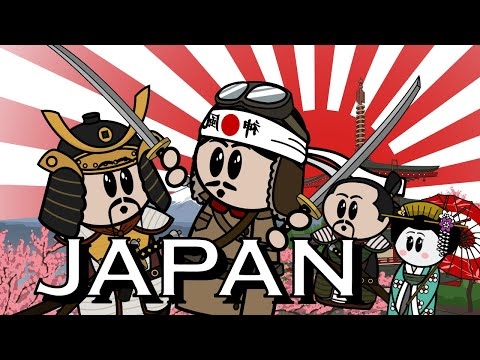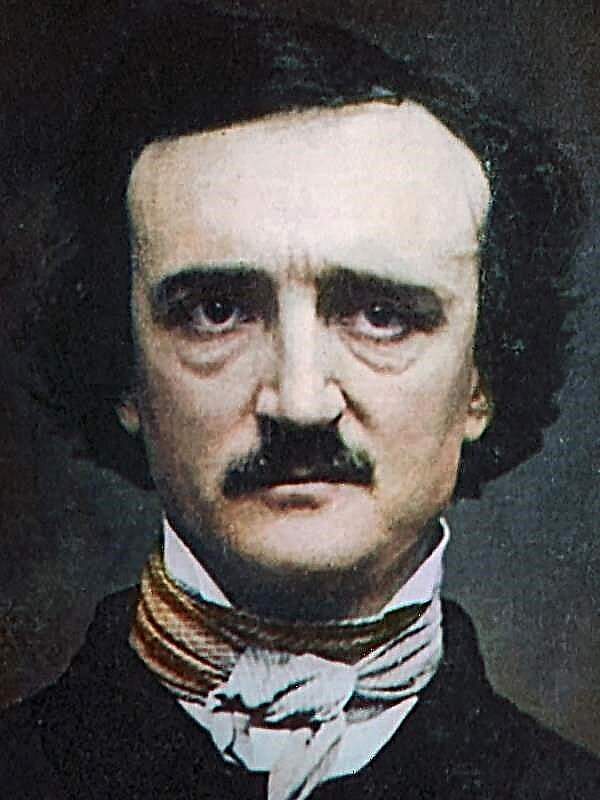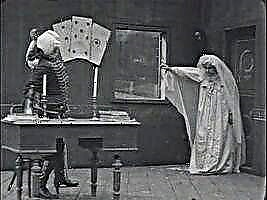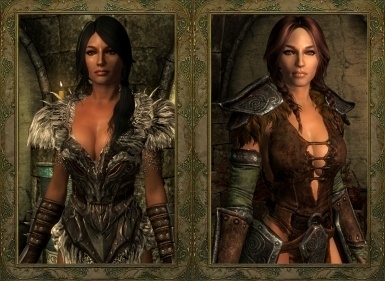“Lefty” is a touching story about a master who devoted his whole life to working for the good of his homeland. Leskov creates a lot of literary images, living and acting in the atmosphere of bygone days.
History of creation
In 1881, the journal Rus published the Tale of the Tula Lefty and the Steel Flea. Later, the author will include the work in the collection "The Righteous."
Fictional and real are intertwined in a single whole. The plot is based on truthful events that allow you to adequately perceive the characters described in the work.
So, Emperor Alexander I, accompanied by Cossack Matvey Platov, really visited England. In accordance with his rank, he was given due honors.
The true story of Lefty unfolded in 1785, when two Tula gunsmiths, Surnin and Leontiev, by order of the emperor sent to England to familiarize themselves with arms production. Surnin is tireless in acquiring new knowledge, and Leont'ev "plunges" into a hectic life and is "lost" in a foreign land. Seven years later, the first master returns home, to Russia, and introduces innovations in order to improve weapons production.
It is believed that the master Surnin is the prototype of the protagonist of the work.
Leskov makes extensive use of the folklore layer. So, the feuilleton about the miracle master Ilya Yunitsyn, who creates tiny locks that do not exceed fleas in size, is the basis for the image of the Lefty.
Real historical material harmoniously integrates into the narrative.
Genre, direction
Regarding genre, there are different interpretations. Some authors prefer the story, others - the story. As for N. Leskov, he insists that the work be defined as a tale.
"Left-hander" is also characterized as a "weapons" or "shop" legend, which has developed among people in this profession.
According to Nikolai Semenovich, the source of the tale is “fabulous”, which he heard in 1878 from some weapons master in Sestroretsk. The legend became the starting point that formed the basis of the book.
The writer's love for the people, his admiration for his talents and ingenuity was embodied in relief characters. The work is saturated with elements of a fairy tale, winged words and expressions, folklore satire.
Essence
The plot of the book makes you think about whether Russia can appreciate its talents. The main events of the work clearly indicate that power and the mob are equally blind and indifferent to the masters of their craft. Sovereign Alexander I visits England. He is shown the amazing work of the "Aglitsky" masters - a dancing metal flea. He acquires a "curiosity" and brings it to Russia. For a while, they forget about “nymphosoria”. Then the Emperor Nicholas I became interested in the “masterpiece” of the British. He sends General Platov to the Tula gunsmiths.
In Tula, the "courageous old man" orders the three masters to do something more skillful than the "Aglitz" flea. Craftsmen thank him for sovereign confidence and get to work.
Two weeks later, Platov, who came to get the finished product, did not understand what the gunsmiths had done, grabbed the Lefthander and drove him to the palace to the Tsar. Presenting to Nikolai Pavlovich, Lefty shows what work they performed. It turned out that the gunsmiths had a “flea” flea. The emperor is happy that the Russian fellows did not let him down.
Then follows the order of the sovereign to send the flea back to England in order to demonstrate the skill of Russian gunsmiths. Left-handed accompanies "nymphosoria." The British welcome him. Interested in his talent, they do everything possible so that the Russian craftsman remains in a foreign land. But the Lefty refuses. He yearns for his homeland and asks to send him home. The British feel sorry for him, but you can’t hold him by force.
On the ship, the master meets a polkiper who speaks Russian. Acquaintance ends with a binge. In St. Petersburg, a half-skipper is sent to a hospital for foreigners, and Levsha, a sick person, is taken to the “cold quarter” and robbed. Later they bring him to die in the common Obukhov hospital. Left-hander, surviving the last hours, asks Dr. Martyn-Solsky to inform the sovereign of important information. But she does not reach Nicholas I, as Count Chernyshev does not want to listen to anything about this. This is what the work says.
The main characters and their characteristics
- Emperor Alexander I “The enemy of labor.” He is distinguished by curiosity, a very impressionable person. Suffers from melancholy. He admires foreign miracles, believing that only the British can create them. Compassionate and compassionate, he builds politics with the British, gently smoothing sharp corners.
- Emperor Nikolai Pavlovich - an ambitious "soldier". It has a wonderful memory. He does not like to yield to foreigners in anything. He believes in the professionalism of his subjects, proves the failure of foreign masters. However, a simple person does not interest him. He never wonders how hard this skill is achieved.
- Platov Matvey Ivanovich - Don Cossack, Count. From his figure blows heroism and sweeping distance. A truly legendary person who is a living embodiment of courage and courage. It has great endurance, willpower. He loves his fatherland immeasurably. A family man, in a foreign land misses his own household. Insensitive to foreign creations. He believes that Russian people can do everything, no matter what they look at. Impatient. Without understanding, it can beat a commoner. If he is wrong, then he certainly apologizes, because behind the image of a tough and invincible ataman lies a generous heart.
- Tula masters - the hope of the nation. They are knowledgeable in the "metal business." They have a bold imagination. Beautiful gunners who believe in miracles. Orthodox people are full of church piety. They hope for God's help in solving complex problems. Honor the gracious word of the sovereign. Thanks for the trust placed in them. They personify the Russian people and their good qualities, which are described in detail here.
- Oblique left-hander - a skilled gunsmith. On the cheek is a birthmark. He wears an old “ozamchik” with hooks. In the humble appearance of a great worker hides a bright mind and a kind soul. Before embarking on an important matter, he goes to church to receive a blessing. The characteristics and description of the Lefthander are detailed in this essay. Patiently endures Platov’s bullying, although he did nothing wrong. Later forgives the old Cossack, not melting resentment in the heart. The lefty is sincere, he speaks simply, without flattery and cunning. He loves the fatherland immensely, never agrees to exchange his homeland for prosperity and comfort in England. He is hard to endure separation from his native places.
- Half-skipper - Familiar Lefty, fluent in Russian. Met on a ship bound for Russia. We drank a lot together. After arriving in St. Petersburg, he takes care of the gunsmith, trying to rescue him from the terrible conditions of the Obukhov hospital and find a man who would convey to the sovereign an important message from the master.
- Dr. Martyn-Solsky - a true professional in his field. Tries to help Lefty overcome the disease, but does not have time. Becomes the confidant to whom the Lefty tells a secret intended for the sovereign.
- Count Chernyshev - The close-knit Minister of War, possessing great conceit. Despises the common people. He has little interest in firearms. Because of its nearness, narrowness of thinking, the Russian army substitutes in battles with the enemy in the Crimean War.
Themes and Issues
- Theme of Russian talents runs a red thread through the whole work of Leskov. A lefty without any glass magnifiers was able to make small carnations to nail a horseshoe to a metal flea with their help. His imagination has no limits. But it's not just about talent. Tula gunsmiths are hard workers who cannot rest. With their zeal, they create not only outlandish products, but also a unique national code that is passed down from generation to generation.
- The theme of patriotism deeply worried Leskova. Dying on the cold floor in the hospital corridor, Lefty is thinking about his homeland. He asks the doctor to find an opportunity to inform the sovereign that guns cannot be cleaned with bricks, as this will result in their unsuitability. Martyn-Solsky is trying to convey to the Minister of War, Chernyshev, this information, but everything is ineffectual. The master’s words do not reach the emperor, but the cleaning of guns continues until the Crimean campaign itself. Outrageous is the unforgivable neglect of the tsarist officials towards the people and their own country!
- The tragic fate of Lefty is a reflection of the problem of social injustice in Russia. Leskov's tale is both cheerful and sad in nature. The story tells about how the Tula masters shoe a flea, demonstrating a selfless attitude to work. At the same time, the author sounded serious thoughts about the difficult fate of the ingenious people from the people. The problem of the attitude to craftsmen in the homeland and in a foreign land worries the writer. In England, Lefty is respected, offered him excellent working conditions, and they also try to interest him in various curiosities. In Russia, he is faced with indifference and cruelty.
- The problem of love for their native placesto native nature. The native land is especially dear to man. Memories of him captivate the soul and give energy to create something beautiful. Many, like Lefty, are drawn to their homeland, since no foreign benefits can replace parental love, the atmosphere of their homes and the sincerity of faithful comrades.
- The problem of the attitude of talented people to work. Masters are obsessed with finding new ideas. These are workers who are fanatically passionate about their work. Many of them “burn out” at work, because they give all of themselves to the implementation of the plan.
- The issue of power. What is the true power of man manifested in? Representatives of the authorities allow themselves, in relation to ordinary people, to go beyond the limits of the “permissible”, shout at them, and use their fists. Craftsmen with calm dignity withstand a similar attitude of the gentlemen. The true strength of a person lies in his balance and persistence of character, and not in the manifestation of restraint and emotional impoverishment. Leskov cannot stay away from the problem of heartless attitude towards people, their lack of rights and oppression. Why is so much cruelty applied to the people? Does he not deserve a humane attitude? Poor Lefty is indifferently left to die on the cold hospital floor, having done nothing to help him somehow get out of the tight bonds of the disease.
The main idea
Left-handed people are a symbol of the talent of the Russian people. Another vivid image from the gallery of the "righteous" Leskov. No matter how hard it is, the righteous always fulfills the promise, gives himself to the fatherland to the last drop, without demanding anything in return. Love for the native land, for the sovereign works wonders and makes you believe in the impossible. The righteous rise above the line of simple morality and unselfishly do good - this is their moral idea, their main idea.
Many statesmen do not appreciate this, but in the memory of the people there are always examples of selfless behavior and sincere, disinterested acts of those people who lived not for their own sake, but for the glory and prosperity of their Fatherland. The meaning of their life is in the prosperity of the Fatherland.
Features
Gathering bright flashes of folk humor and folk wisdom, the creator of Skaz wrote a work of art that reflected an entire era of Russian life.
It’s hard in places in “Lefty” to determine where good ends and evil begins. This is the manifestation of “insidiousness” of the writer’s style. He creates characters that are sometimes contradictory, bearing in themselves positive and negative traits. So, the courageous old man Platov, being a heroic nature, could never raise his hand to a "small" person.
Subtle authorial irony sounds to the monarchs and their entourage.
“The Wizard of the word,” Gorky called Leskov after reading the book. The folk language of the heroes of the work is their vivid and accurate description. The speech of each character is imaginative and distinctive. She exists in unison with his character, helping to understand the character, his actions. Russian man is characterized by ingenuity, so he comes up with unusual neologisms in the spirit of "folk etymology": "trifle", "busts", "poke", "valdahin", "small scope", "nymphosoria", etc.
What does it teach?
N. Leskov teaches fair treatment of people. All are equal before God. It is necessary to judge each person not by their social affiliation, but by their Christian deeds and spiritual qualities.
Only then can you find a diamond that shines with righteous rays of warmth and sincerity.

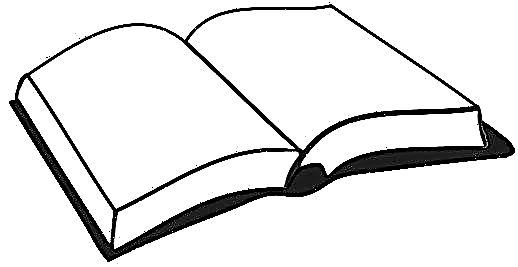
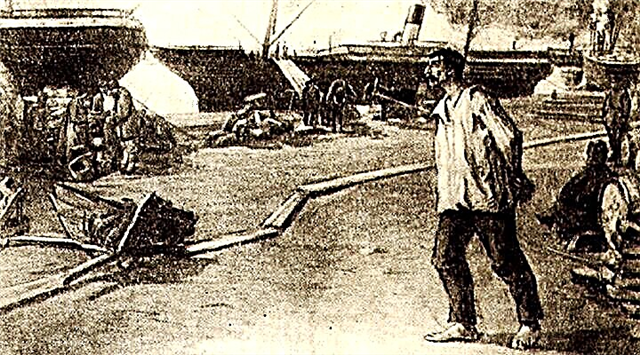
 Viscount de Brazhelon
Viscount de Brazhelon